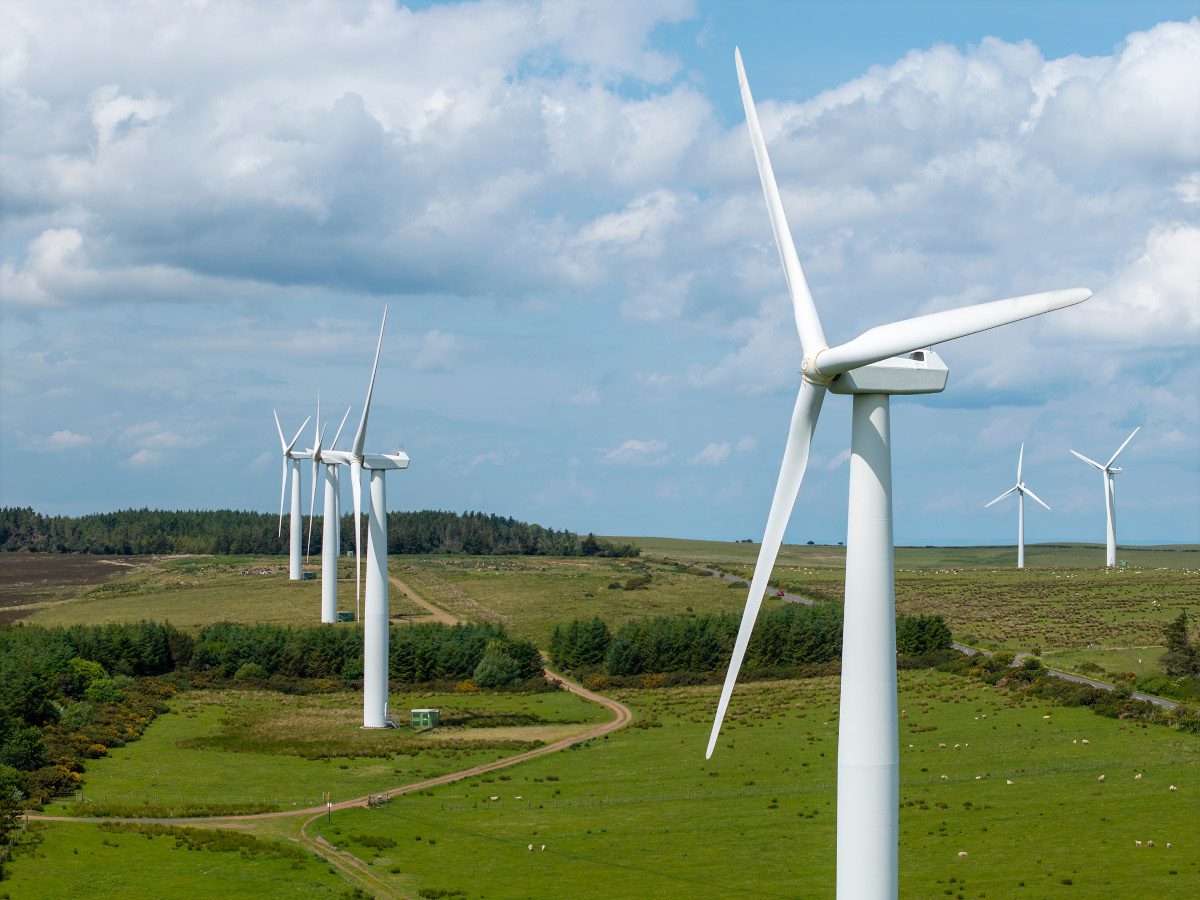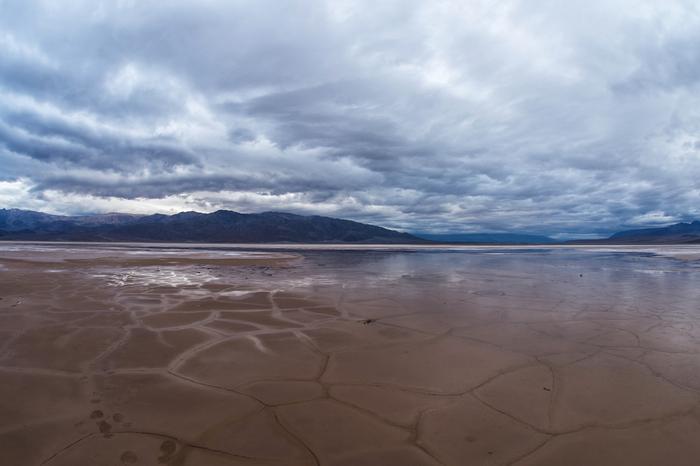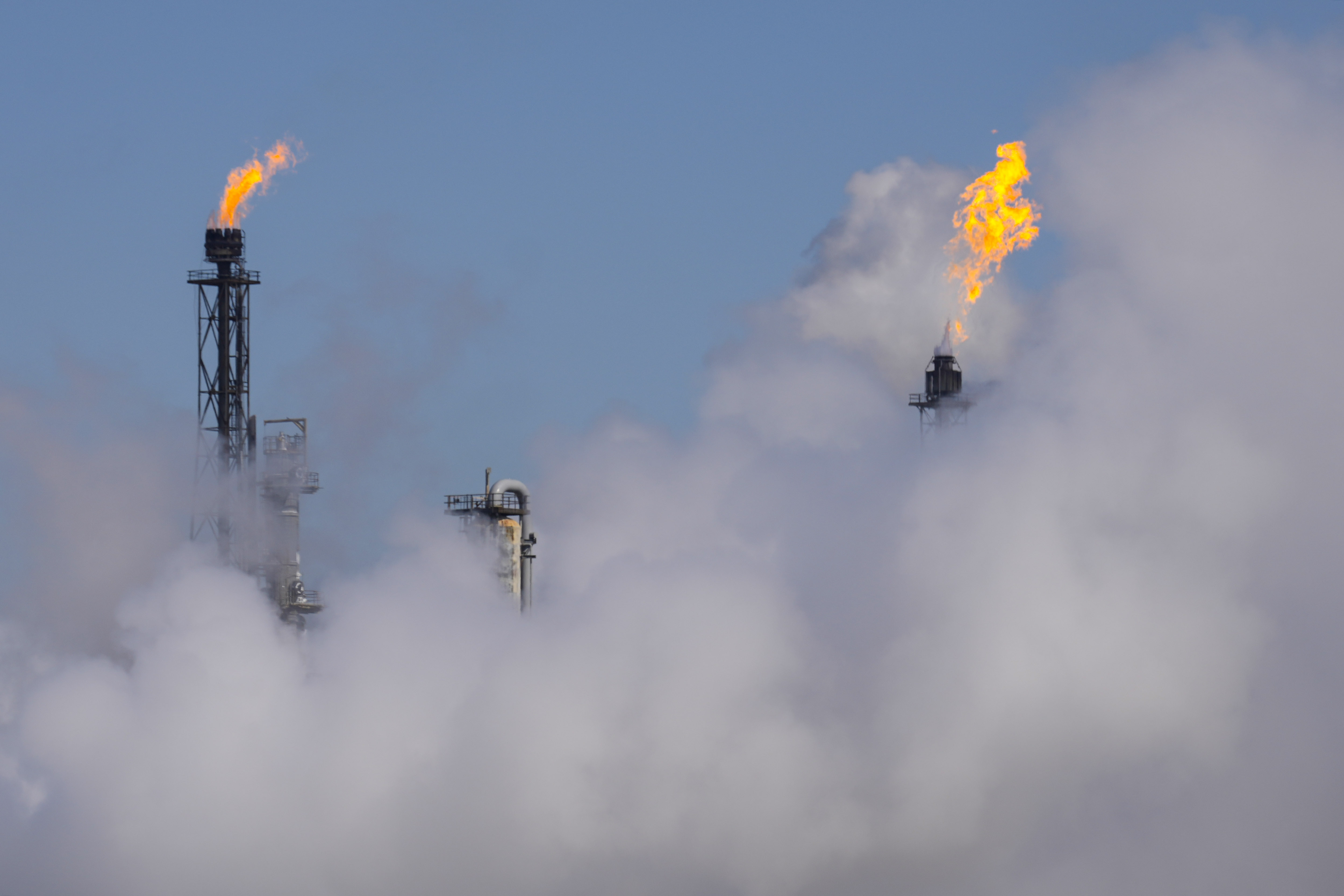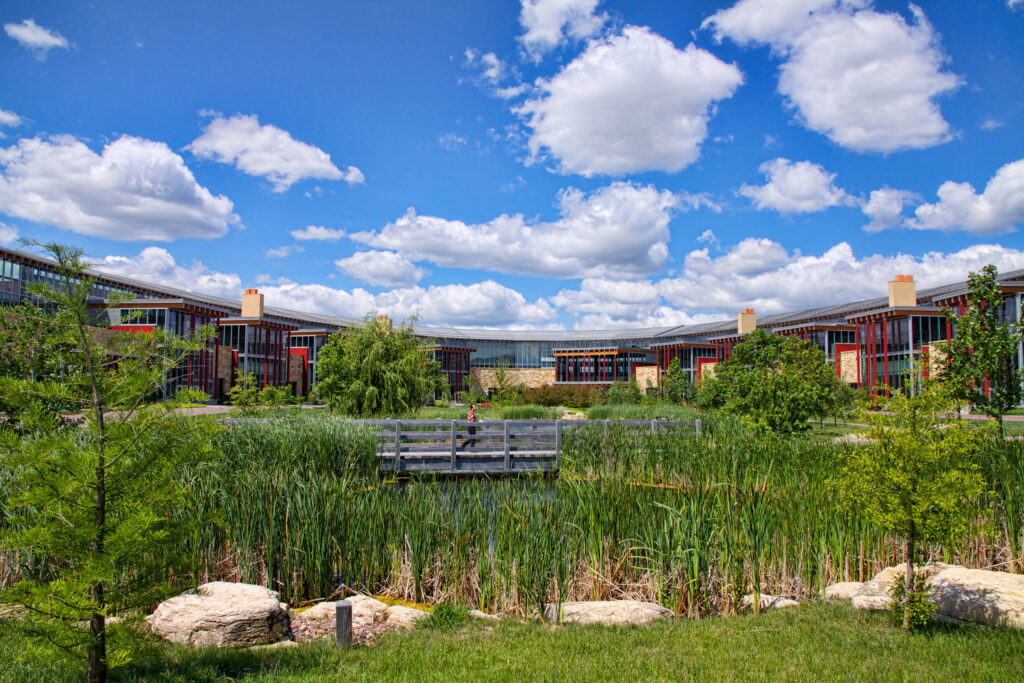Fears of population collapse may be overstated, by many communities are being reshaped (words: Rothamsted Research)
Fears of a nationwide collapse in Britain’s insect populations may be overstated, according to a major new study recently published in the journal Nature Communications. Instead, researchers have found a more complex picture: while some species are holding steady or even expanding, many communities are being reshaped at a local level by climate change and urban development.
The study team, including staff at Rothamsted’s national insect survey, analysed more than three decades of records covering 1,252 species of butterflies, moths, dragonflies, grasshoppers, beetles, bees, wasps and hoverflies. Using advanced machine-learning models, they tracked changes in where insects live across Great Britain and pinpointed the main environmental forces driving those shifts.
Contrary to widespread fears of an overall collapse, the team detected no nationwide decline in insect occupancy since 1990. But beneath that headline figure, the data revealed profound local changes in the make-up of insect communities.
Urban sprawl and the simplification of farmland emerged as key drivers of decline in certain species, while rising temperatures are altering life cycles. Insects with narrow habitat requirements are particularly vulnerable to the loss of diverse landscapes, while species capable of breeding multiple times a year are better able to adapt to a warming climate.
“The findings suggest that while Britain may not be witnessing an outright crash in insect numbers, it is undergoing a subtler but no less significant ecological reshuffling,” said Rothamsted population modeller Dr Yoann Bourhis who led the study. “This could have knock-on effects for pollination, pest control and wider biodiversity.”
















